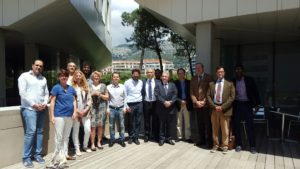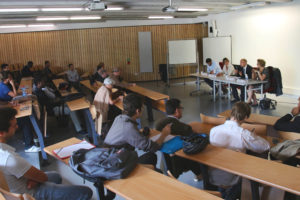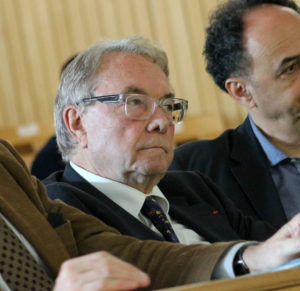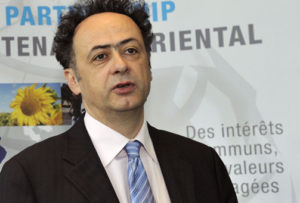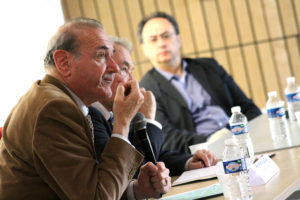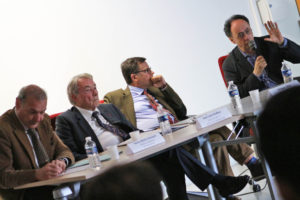
Karine Moukaddem
The FEMISE Policy Brief series MED BRIEF aspires to provide Forward Thinking for the EuroMediterranean region. The briefs contain succinct, policy-oriented analysis of relevant EuroMed issues, presenting the views of FEMISE researchers and collaborators to policy-makers.
The latest FEMISE MED Brief is on ” Closing the gender gap: policy-making that promotes inclusive Mediterranean societies” and is available for download here.
It is also available in Arabic here.
Summary : This MED Brief presents some preliminary findings of a recently launched assessment of existing policy measures regarding women empowerment issues in the South Mediterranean region. In order to explain the persistence of numerous gender gaps, I examine the reasons behind the inefficiency of national policies regarding gender equality, by comparing the wanted effects of implemented legal measures with the latest state of play in terms of gender issues in the different countries of the region.
Combatting unconscious biases and policy inefficiency goes through increasing the outreach of female success stories, mentoring, promoting collaboration between stakeholders and embedding women empowerment in public-private partnerships.
The list of FEMISE MED BRIEFS is available here.
 The policy brief has been produced with the financial assistance of the European Union within the context of the FEMISE program. The contents of this document are the sole responsibility of the authors and can under no circumstances be regarded as reflecting the position of the European Union.
The policy brief has been produced with the financial assistance of the European Union within the context of the FEMISE program. The contents of this document are the sole responsibility of the authors and can under no circumstances be regarded as reflecting the position of the European Union.


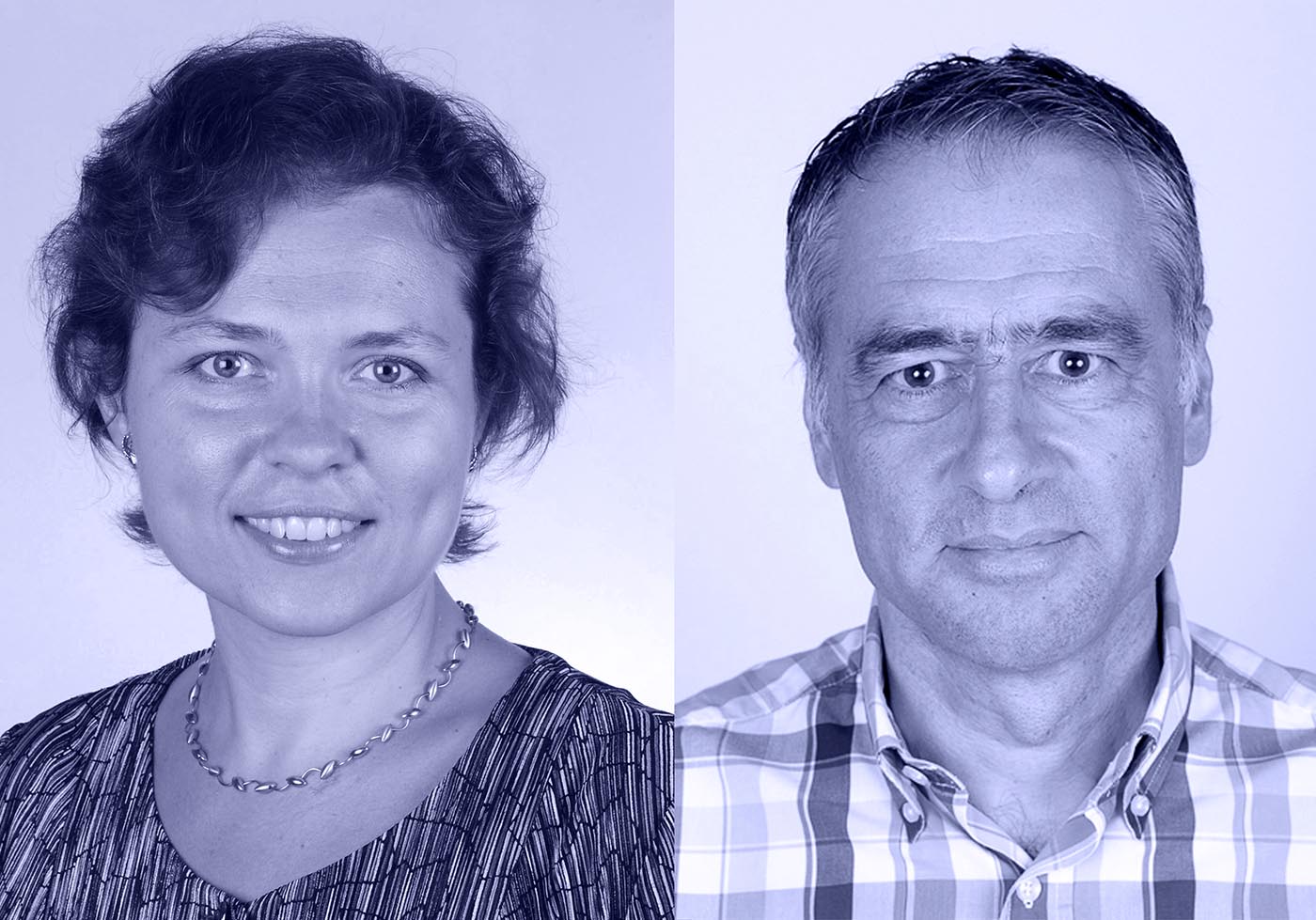
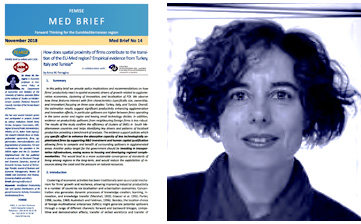

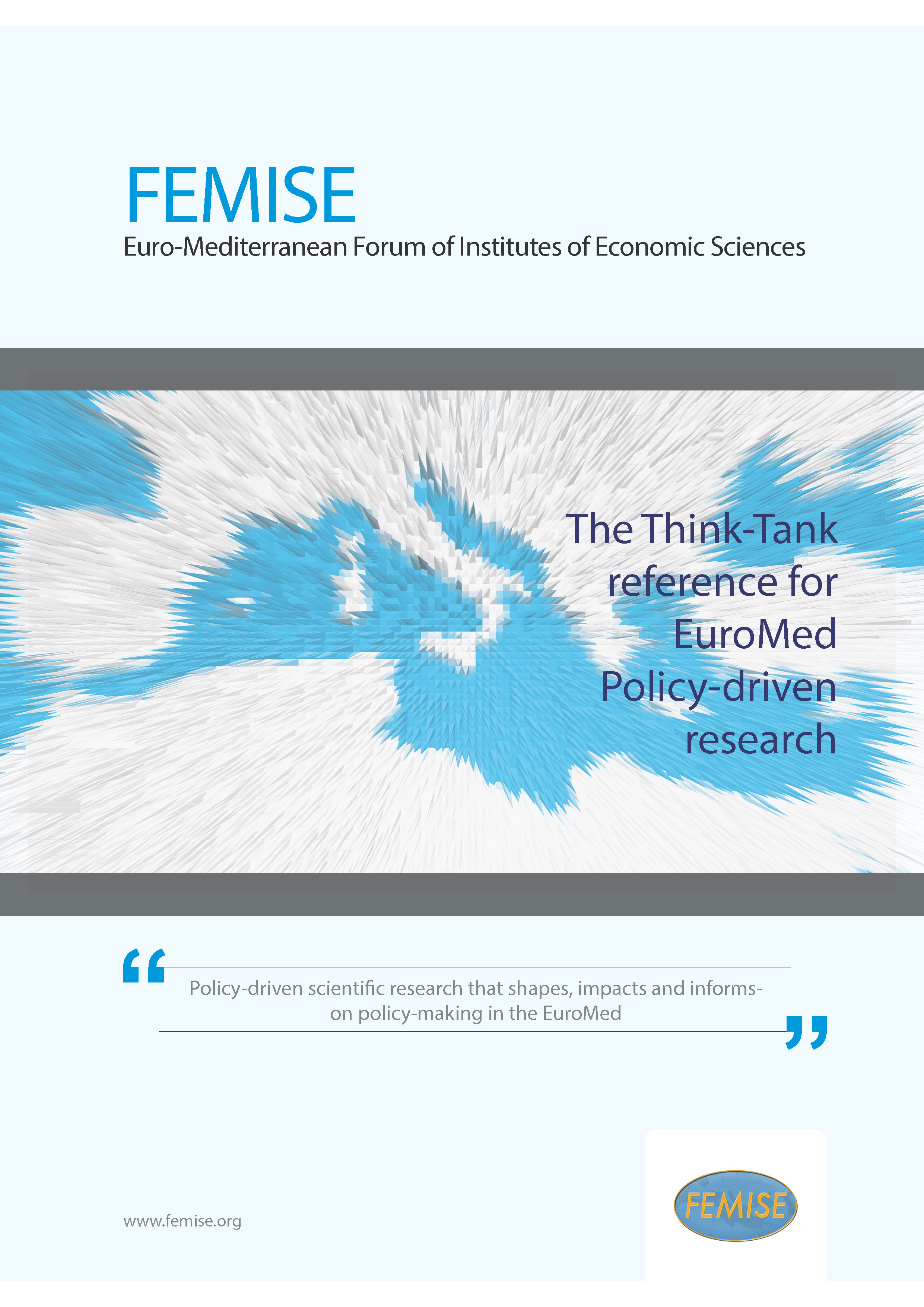

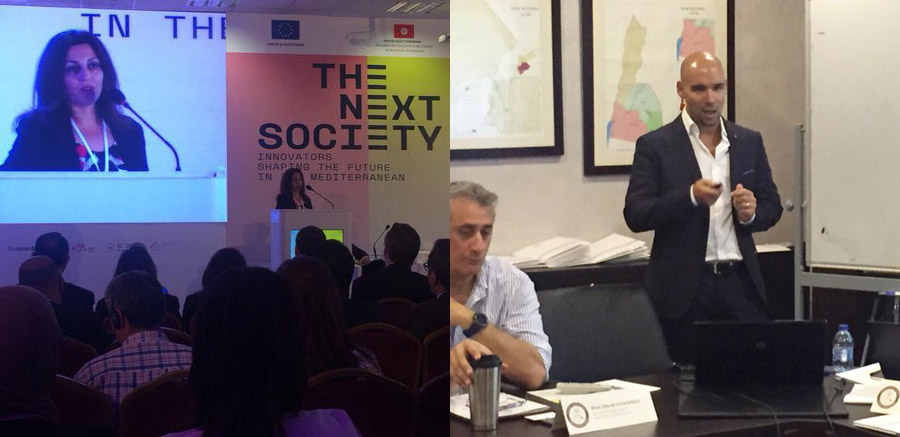
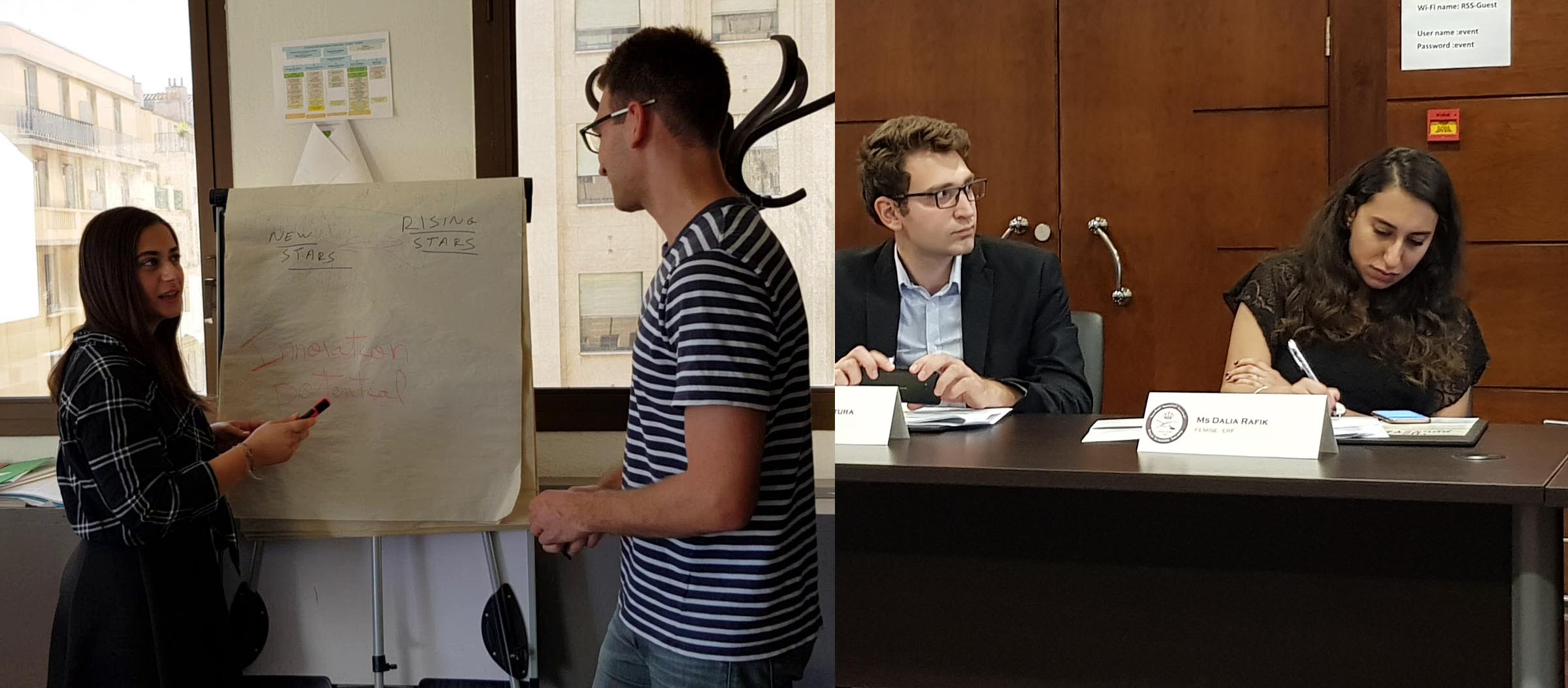
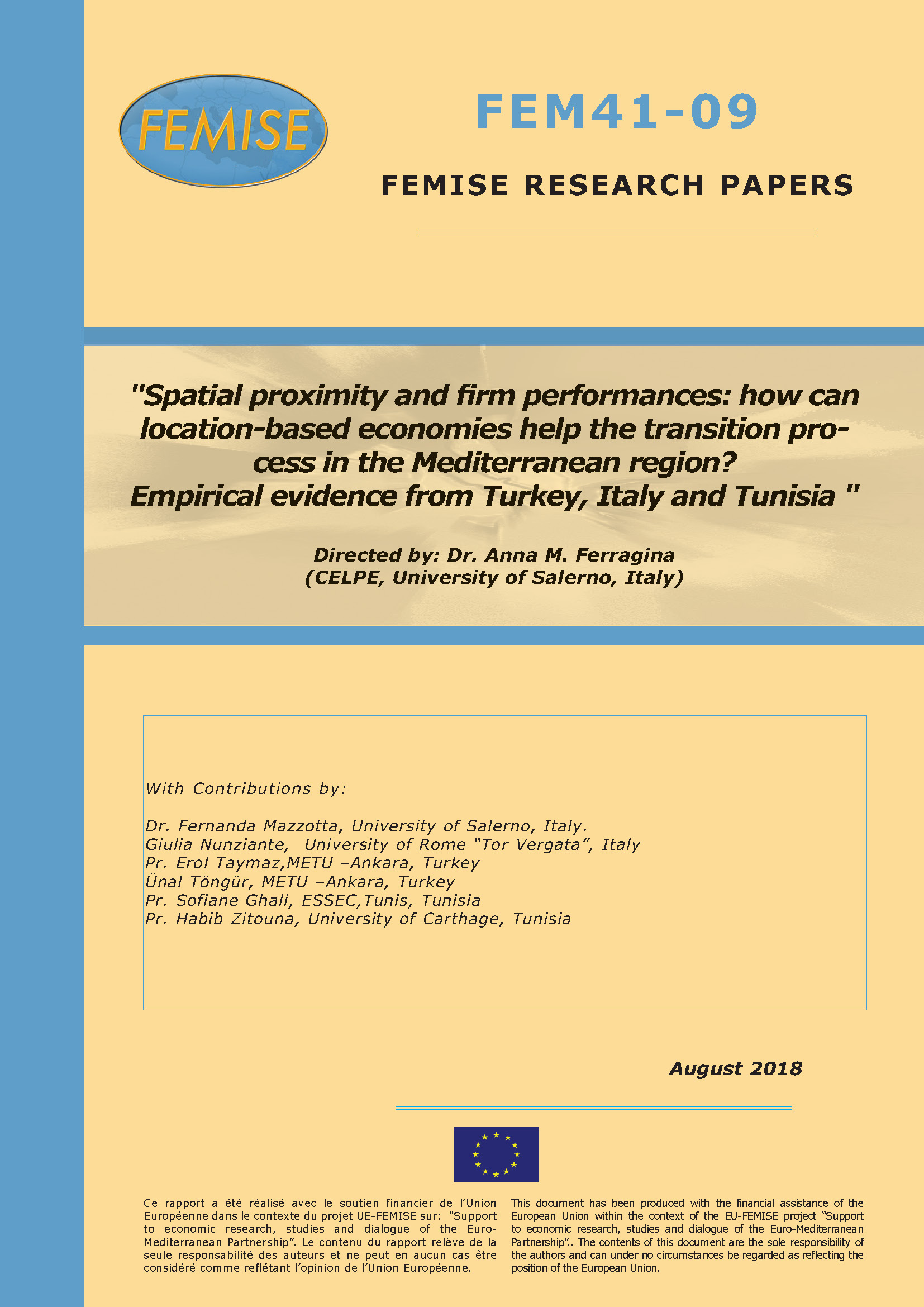

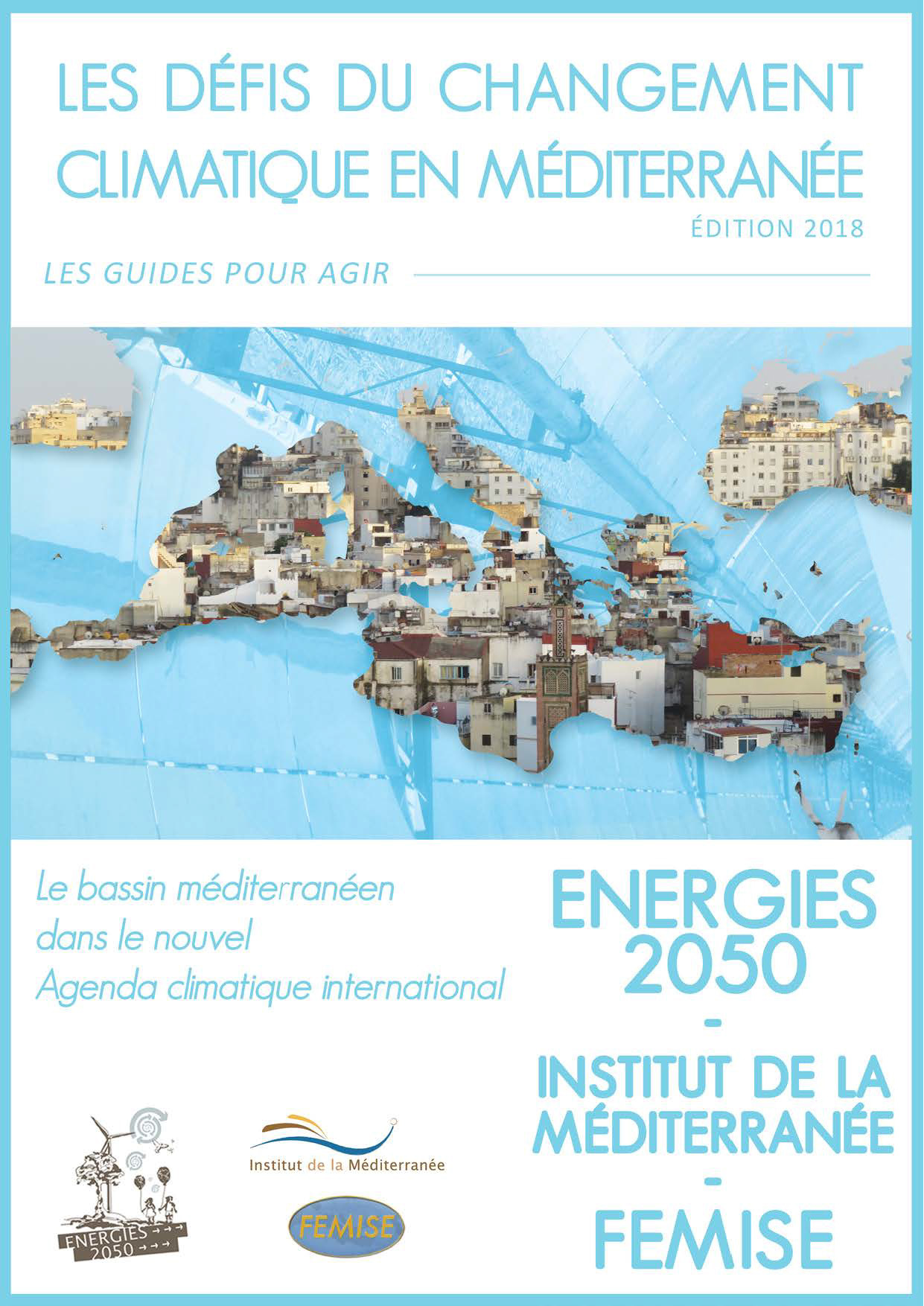


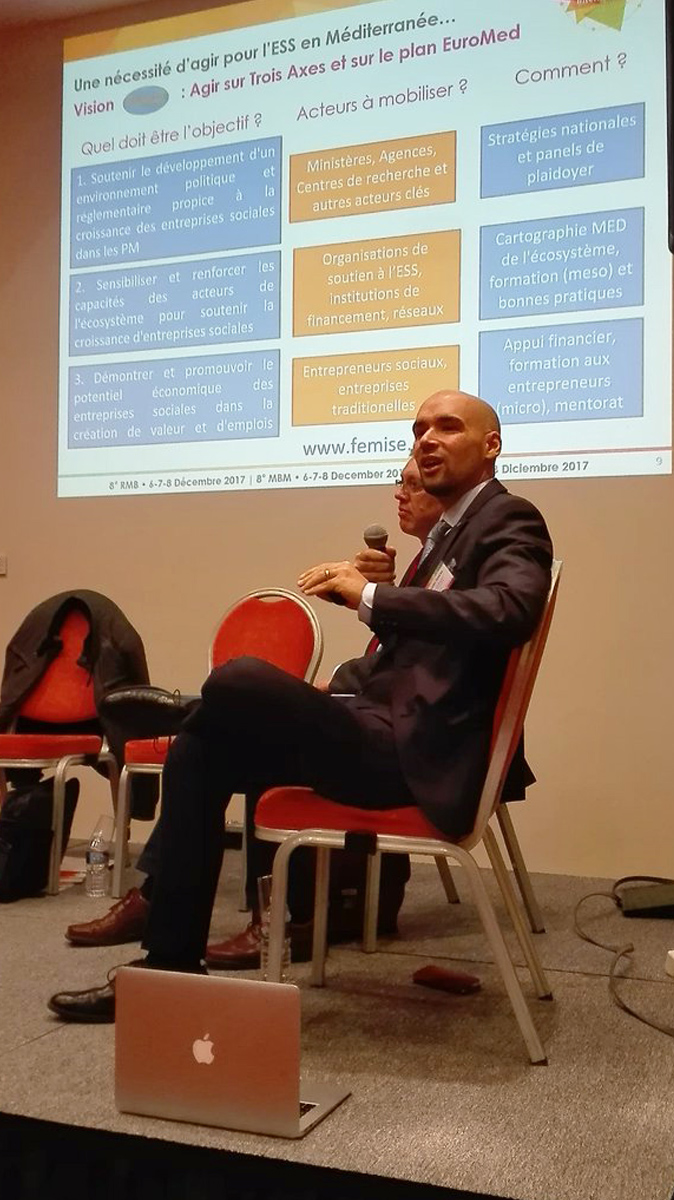
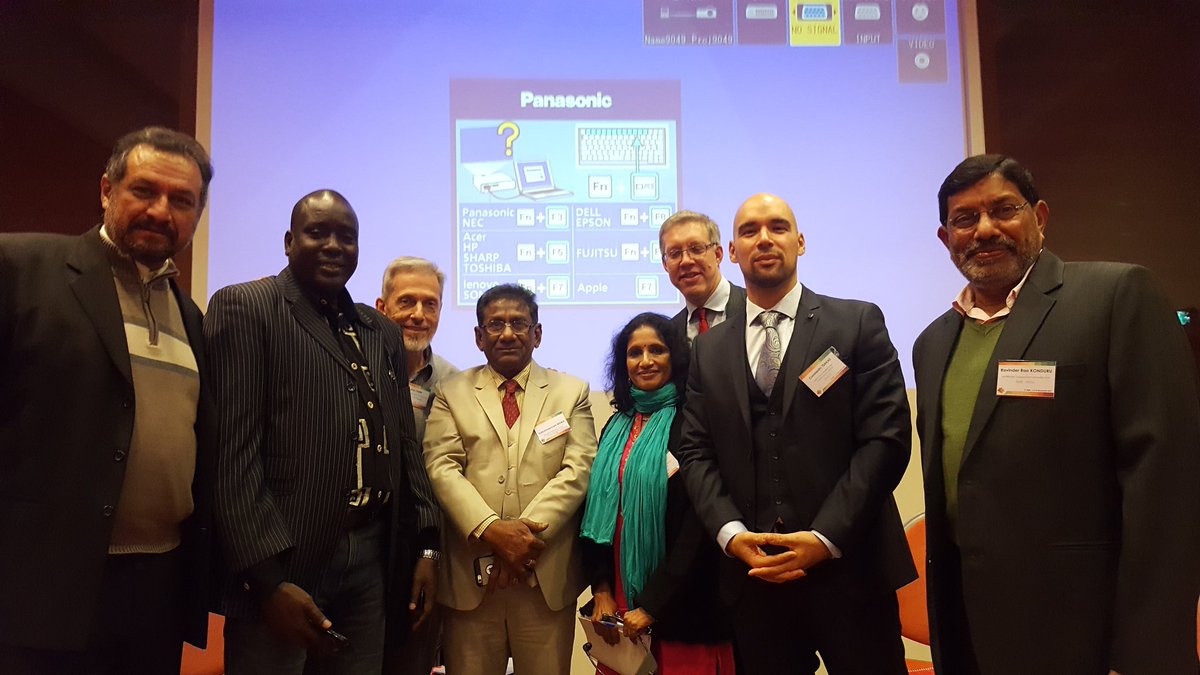
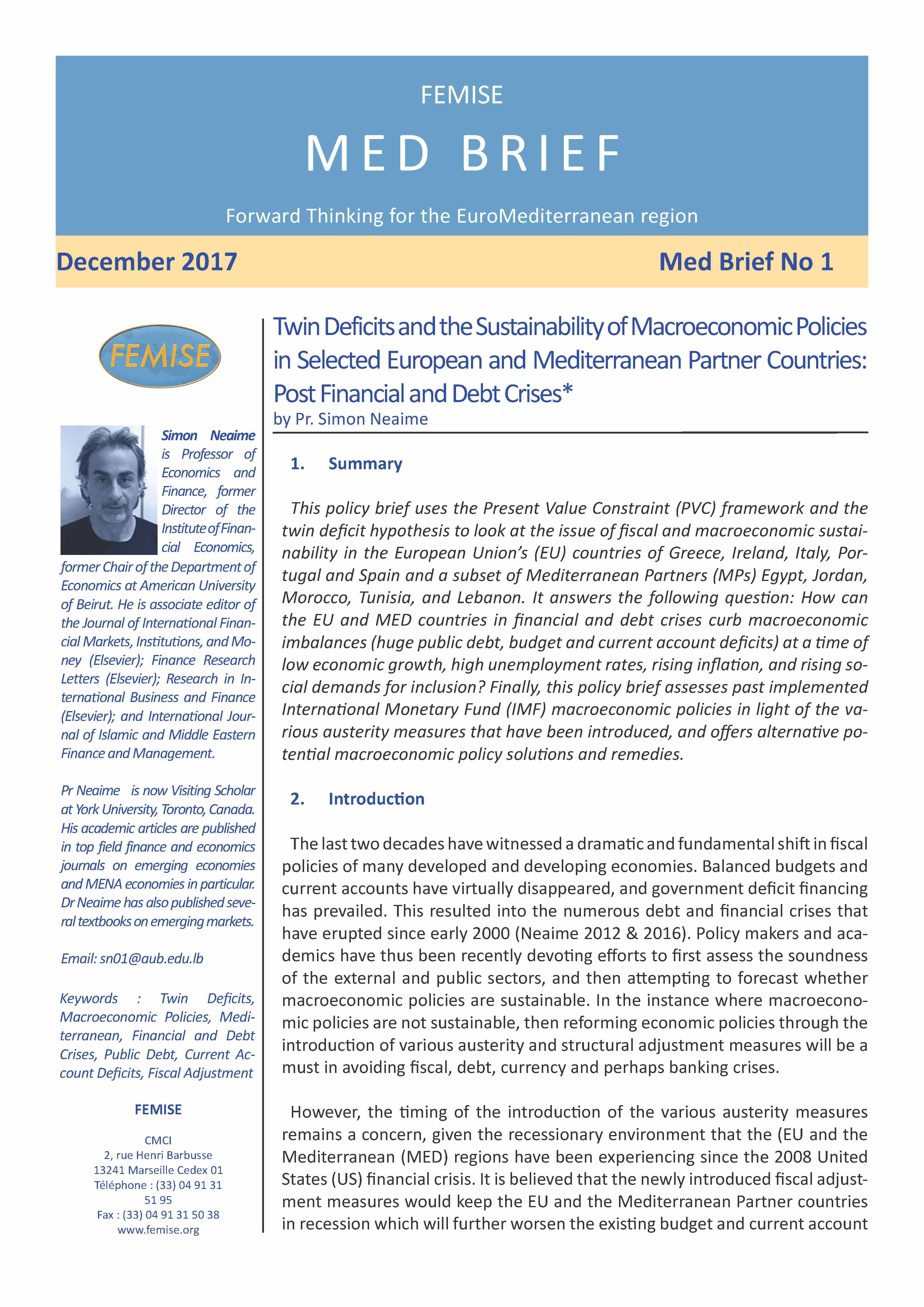

 The policy brief has been produced with the financial assistance of the European Union within the context of the FEMISE program. The contents of this document are the sole responsibility of the authors and can under no circumstances be regarded as reflecting the position of the European Union.
The policy brief has been produced with the financial assistance of the European Union within the context of the FEMISE program. The contents of this document are the sole responsibility of the authors and can under no circumstances be regarded as reflecting the position of the European Union.